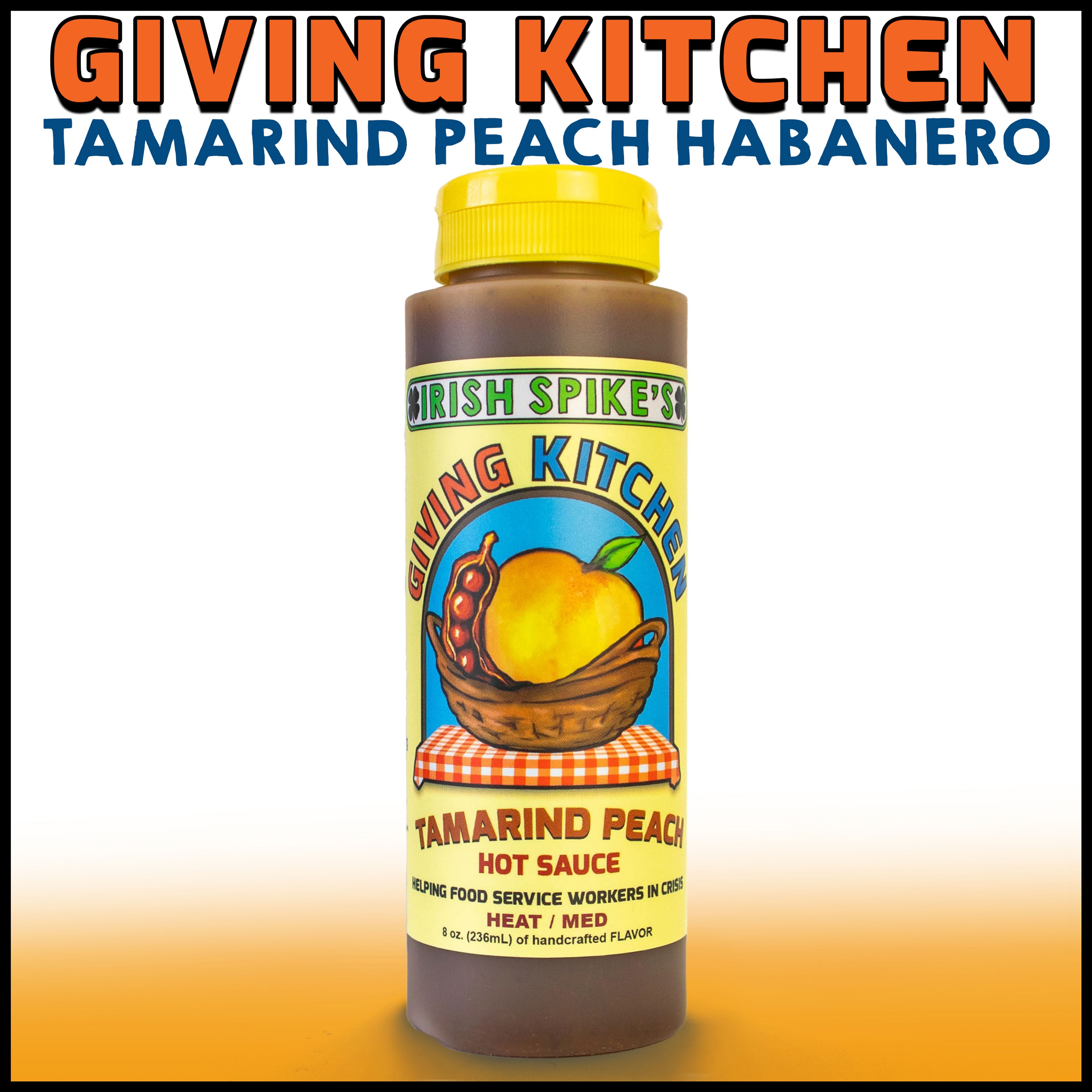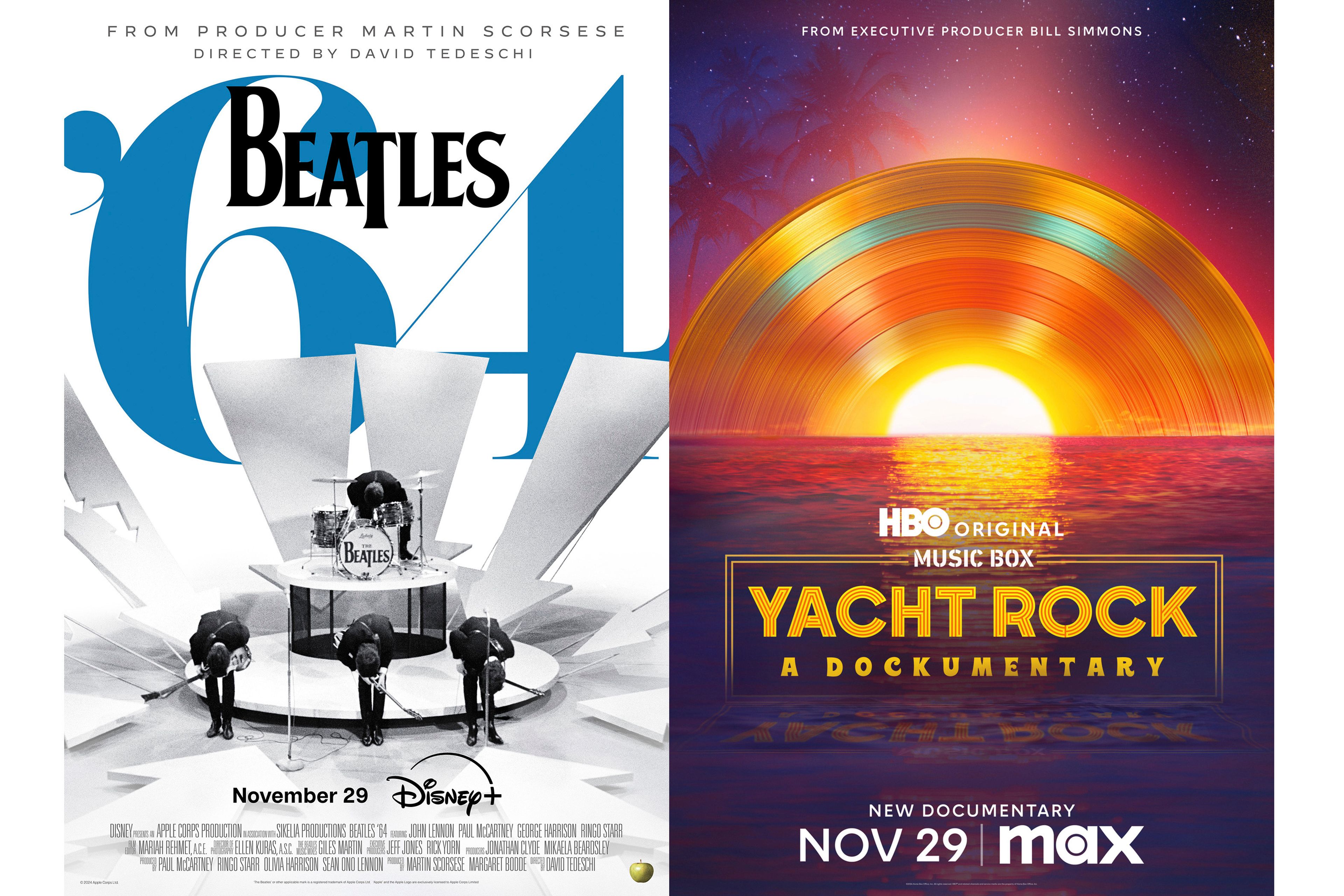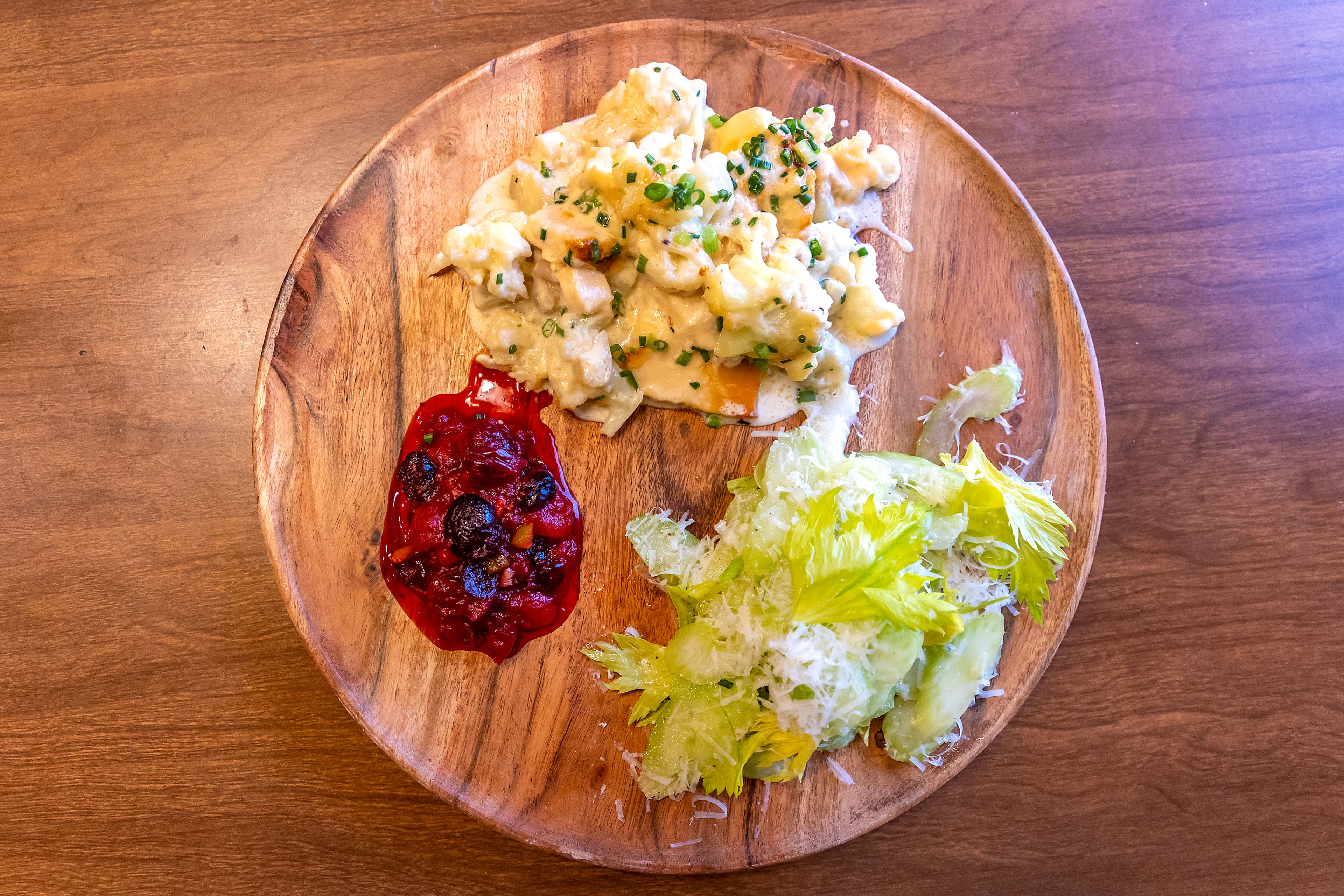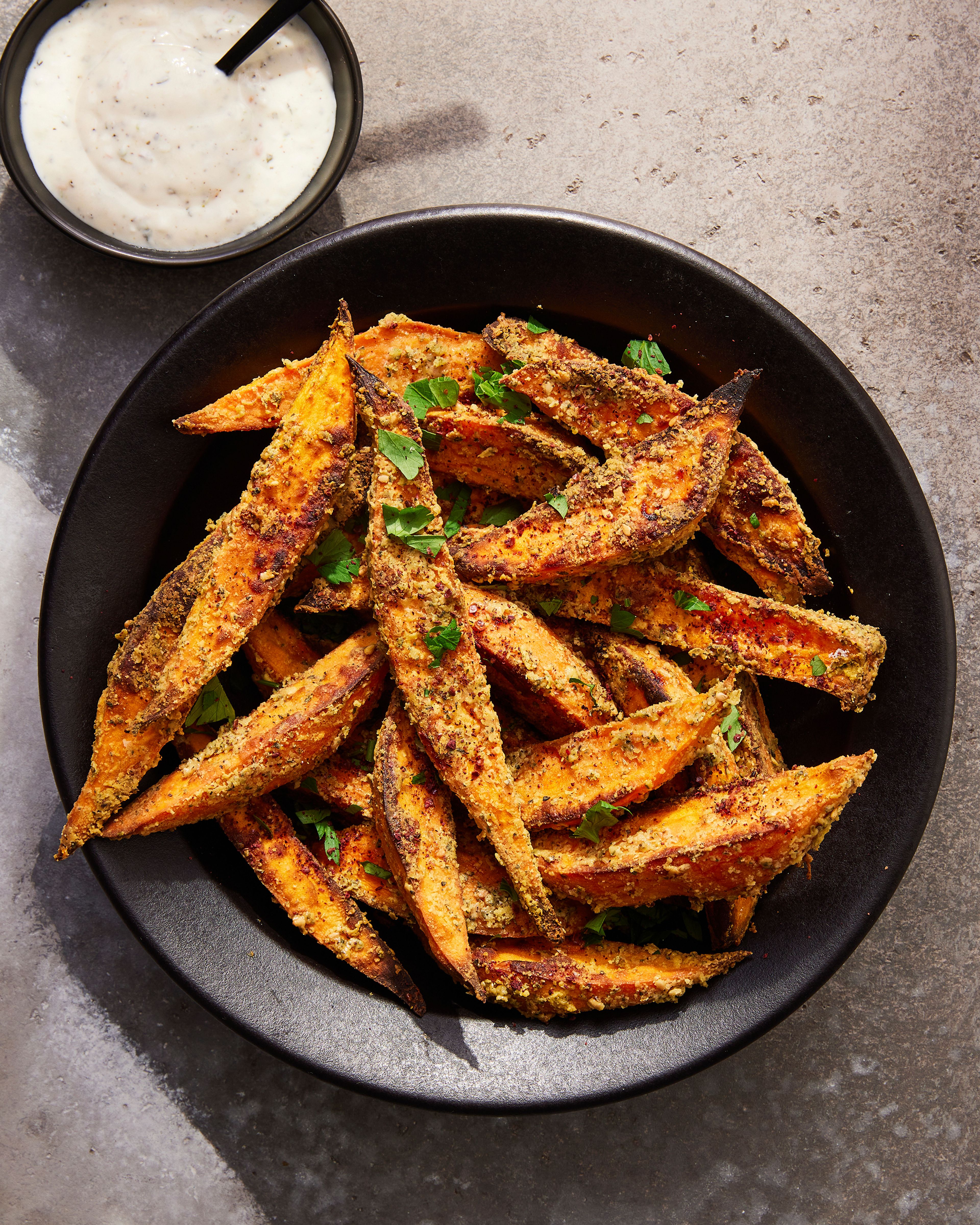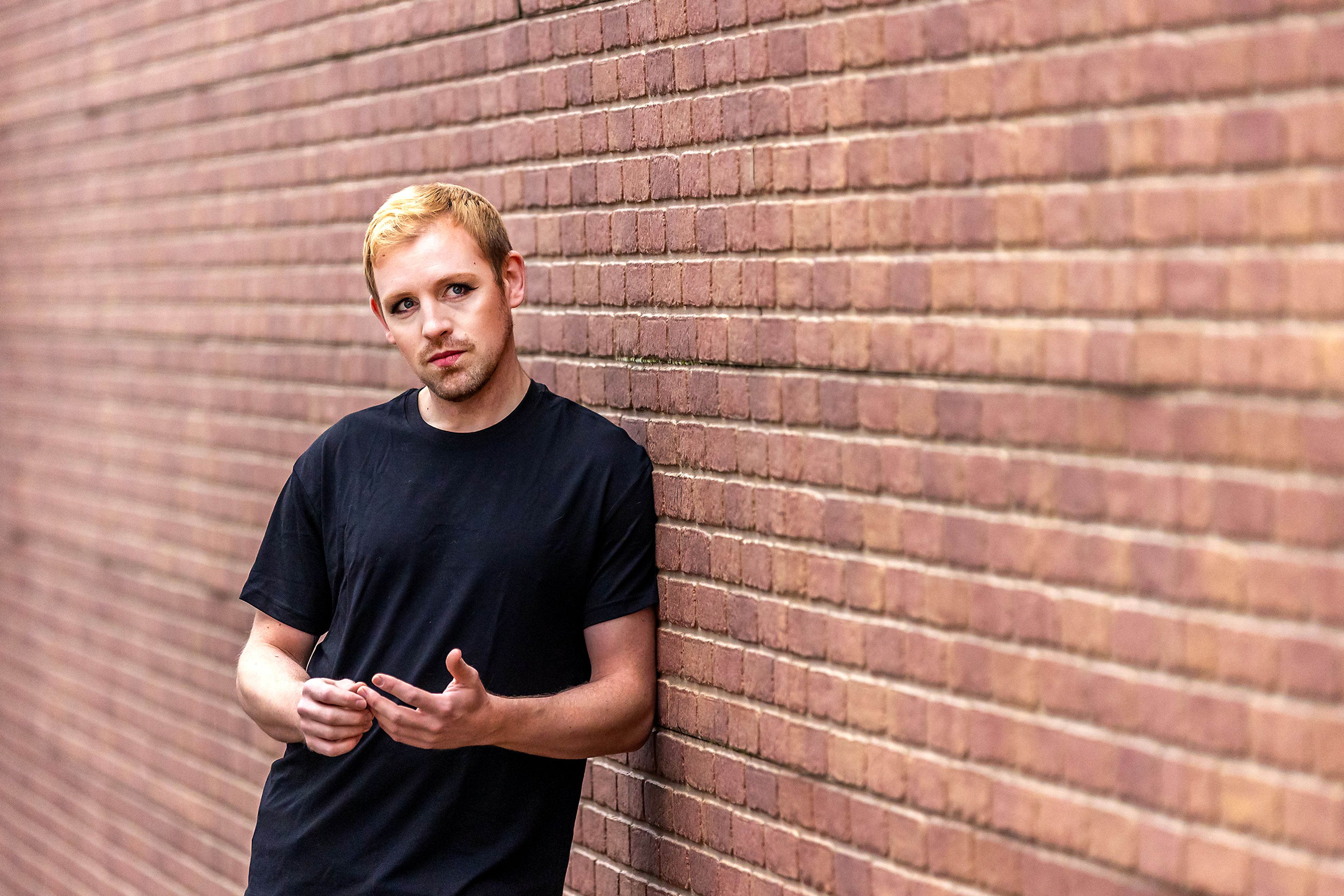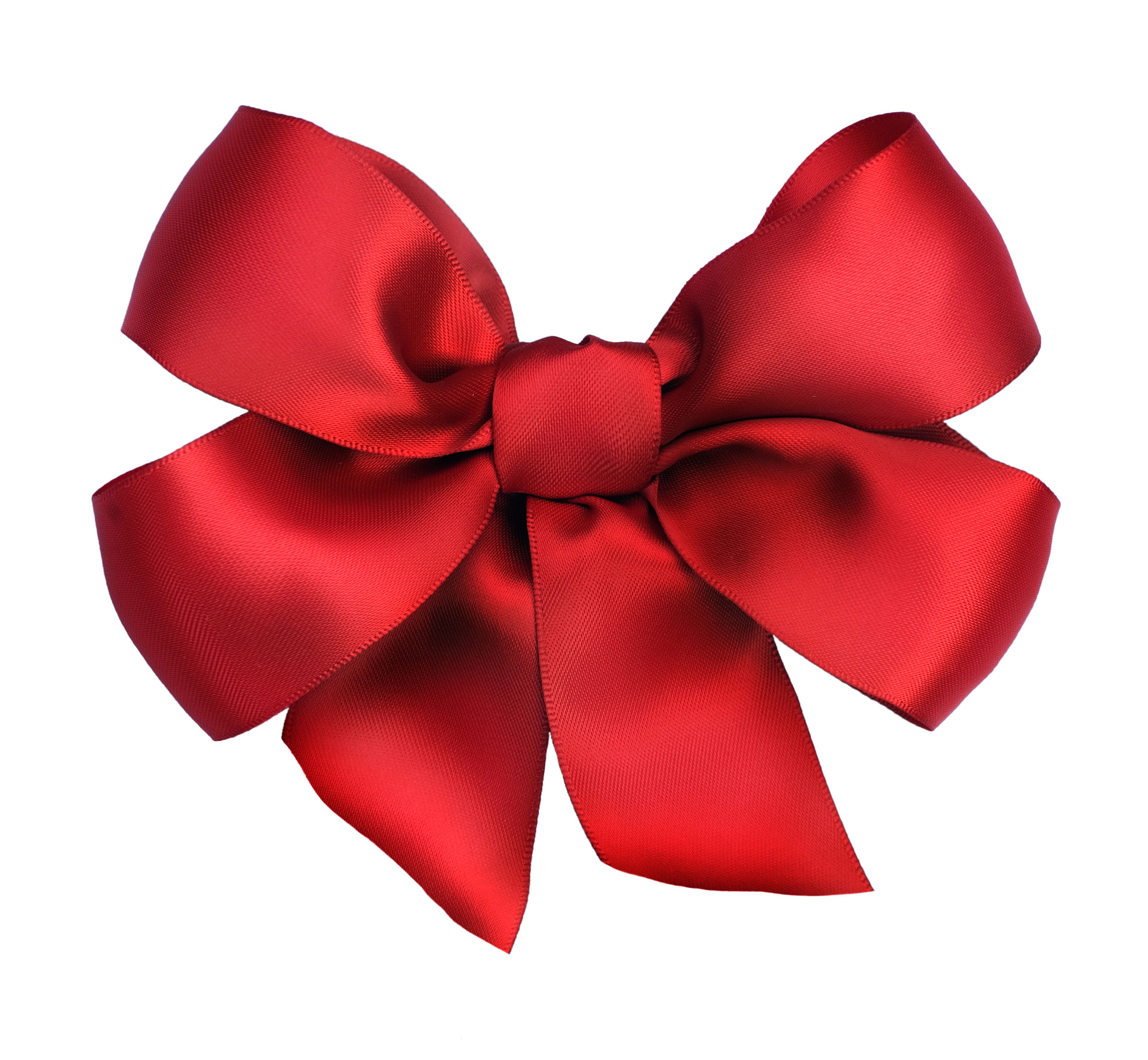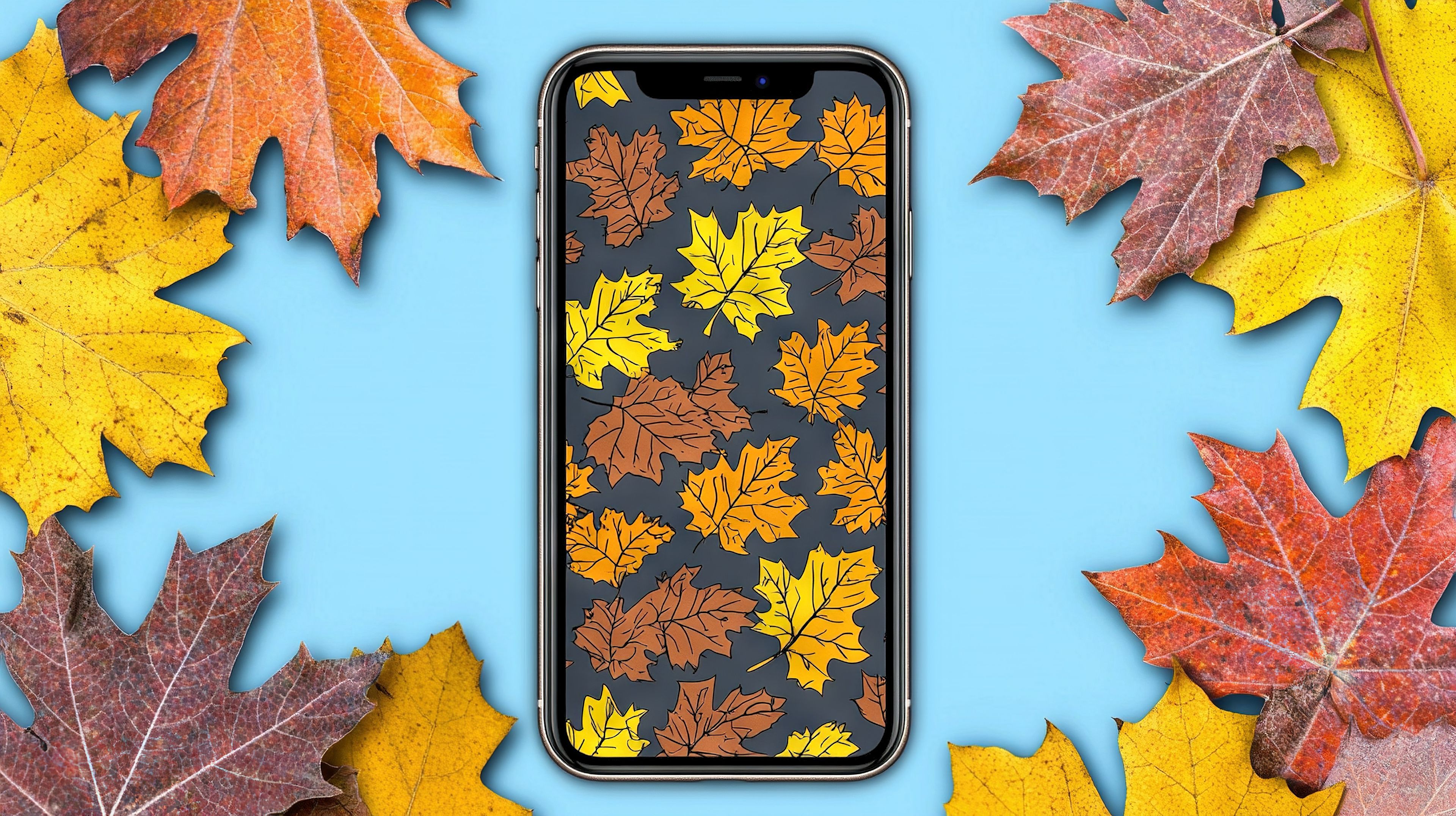Brewing skepticism
Kombucha-tasting tour fails to gain new converts
I'm not a kombucha fan.
Even though it's cool. Even though it's deemed healthy. Even though it's a weird thing that can be made at home.
As such, I figured I would be disqualified from doing a story on it when my editor, Jennifer Bauer, suggested we do one. But she doesn't like it either. That's when we decided perhaps we could be converted with a kombucha-tasting tour. Maybe we had just tried the bad stuff.
I probably had, anyway. Several years ago, my sister gave me kombucha brewing instructions and a scoby - a fleshy mass of yeast and bacteria that ferments the tea, which is nothing short of gross. It looks like a slab of skin or a mucousy creature from a sci-fi movie - it's not something you'd want anyone to see in your refrigerator; wrong assumptions would certainly be made about you.
It was fun to learn about kombucha and brew my first batch. It was long enough ago that I don't exactly remember what I did, but I remember what I didn't do, which was drink more than two sips of the final product.
It shouldn't have been a surprise; I don't like fermented drinks. I could choke it down, but it certainly wasn't going to be for pleasure. I was told adding juice would improve the taste but if you have to do that to make it taste good, why not skip the unpleasantness altogether and just drink juice?
But that was years ago. My taste buds have changed and it was quite possible I had completely screwed up my brew. After all, millions of kombucha-loving Americans couldn't be wrong, could they?
In search of the answer to this question, Jennifer and I embarked on a brief kombucha tasting tour one recent morning. Our first stop was at Palouse Juice in Moscow, where Love's Kombucha is on tap. We poured ourselves a cup of each of the three varieties on tap that day - white rose, green jasmine and chai. Then we started sipping.
It's not that it was bad, but kombucha is just unusual. It's carbonated and only slightly sweet with these subtle aromas and flavors ranging from citrus, to floral, to spice, to sour pickles to gym sock. OK, not gym sock, but whatever it is that fermentation tastes and smells like and results in a puckered involuntary reaction that we called "kombucha face."
The taste grew on us though. Initial sips were a surprise but those that followed could even qualify as pleasant. My favorite of Love's Kombucha was the jasmine - it tasted fresh and citrusy and the carbonation added a zing to the whole experience.
It was about that time that we started feeling the effects of our beverages. It was something between a kick and a dizzy buzz and we decided we needed more in our empty bellies than fermented tea alone. We wandered over to the Moscow Food Co-op for lunch and a second kombucha tasting.
While eating, we sampled several varieties of Bare Culture kombucha on tap at the co-op and produced in Coeur d'Alene. Added juices create a drink with bolder, sweeter flavors but other than that, it was very flat. Even the unflavored variety lacked the fermented fizz and flavor that featured so strongly in the Love's Kombucha. We agreed that it seemed like a completely different beverage - much more like watered-down juice.
While we were sampling, we wondered why everyone talks about how good they feel after drinking kombucha. We hopped online and found a possible explanation: Kombucha contains varying amounts of alcohol, caffeine and sugar. How much of each varies widely, but the average unflavored cup of kombucha has around 1/4 or less of the amount of caffeine of a cup of coffee and around a teaspoon of sugar. Not much, but still something.
The amount of alcohol is much trickier to gauge. If you poke around online, you'll find claims that levels are too low to be an issue. They have to be - any drink that exceeds .5 percent alcohol during the production process has to be regulated and marketed as an alcoholic beverage. (Some commercial varieties of kombucha have these higher levels and state such.)
But you'll also find that the fermentation process isn't perfectly predictable and that additional fermentation can occur in kombucha that is stored at room temperature. Which means it's not entirely impossible that a person could feel the effects of that alcohol - especially if it were consumed on an empty stomach like we did.
But you know, it's probably all the other good stuff in kombucha that makes everyone feel so good after they drink it, not the sugar, caffeine and alcohol.
Did we become kombucha converts?
Speaking for myself, both brands of kombucha we tried tasted better than I had anticipated. I no longer think you have to be crazy to like it. Though I don't see myself buying kombucha anytime soon, I wouldn't make a face and refuse a glass if it was offered.
So that's to say - eh, not really.
Schmidt can be reached at mschmidt@lmtribune.com.



